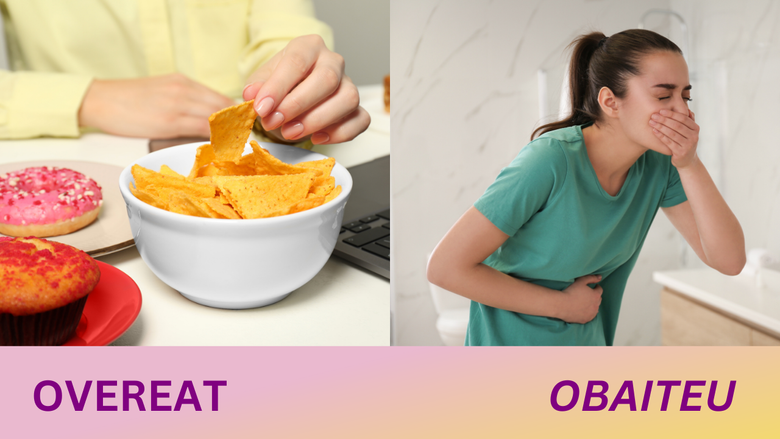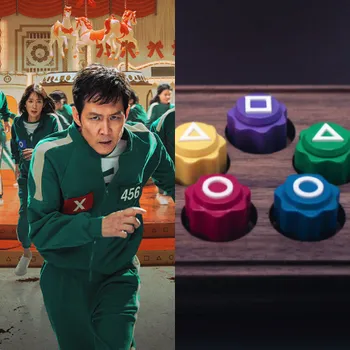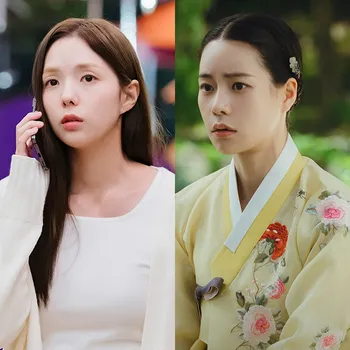
tvN / SBS
"Konglish" refers to a style of English that incorporates Korean vocabulary, grammar, or pronunciation. It often results from the influence of the Korean language on English, and it's commonly used in South Korea.
Konglish can take various forms, including loanwords, phrases, or expressions that have been adapted from English into Korean but may not be used in the same way or with the same meanings as they are in standard English.
So, here are 7 English words used in Korean or Konglish that have completely different meanings from the original.
1. Fighting - 화이팅 (Hwaiting)

Kpopmap
You must have heard this umpteen times if you're a K-Pop or K-Drama fan. It means "cheer up" or "good luck!" instead of the original meaning, which is "to fight".
2. Health - 헬스 (Helseu)

Kpopmap
In English, health means the overall well-being of an individual. However, in South Korea, health or helseu means gym or lifting weights. So, if you hear, "do you do helseu?" in South Korea, they're asking if you go to the gym.
3. Overeat - 오바이트 (Obaiteu)

Kpopmap
Overeat means to consume food in excess. In Korean, it means vomiting.
4. Ribbon - 리본 (ribon)

Kpopmap
Ribbon means a thi
Enjoy full access for just $1
Join over 10,000 active members!
🌟 Special Contents for Subscribers











